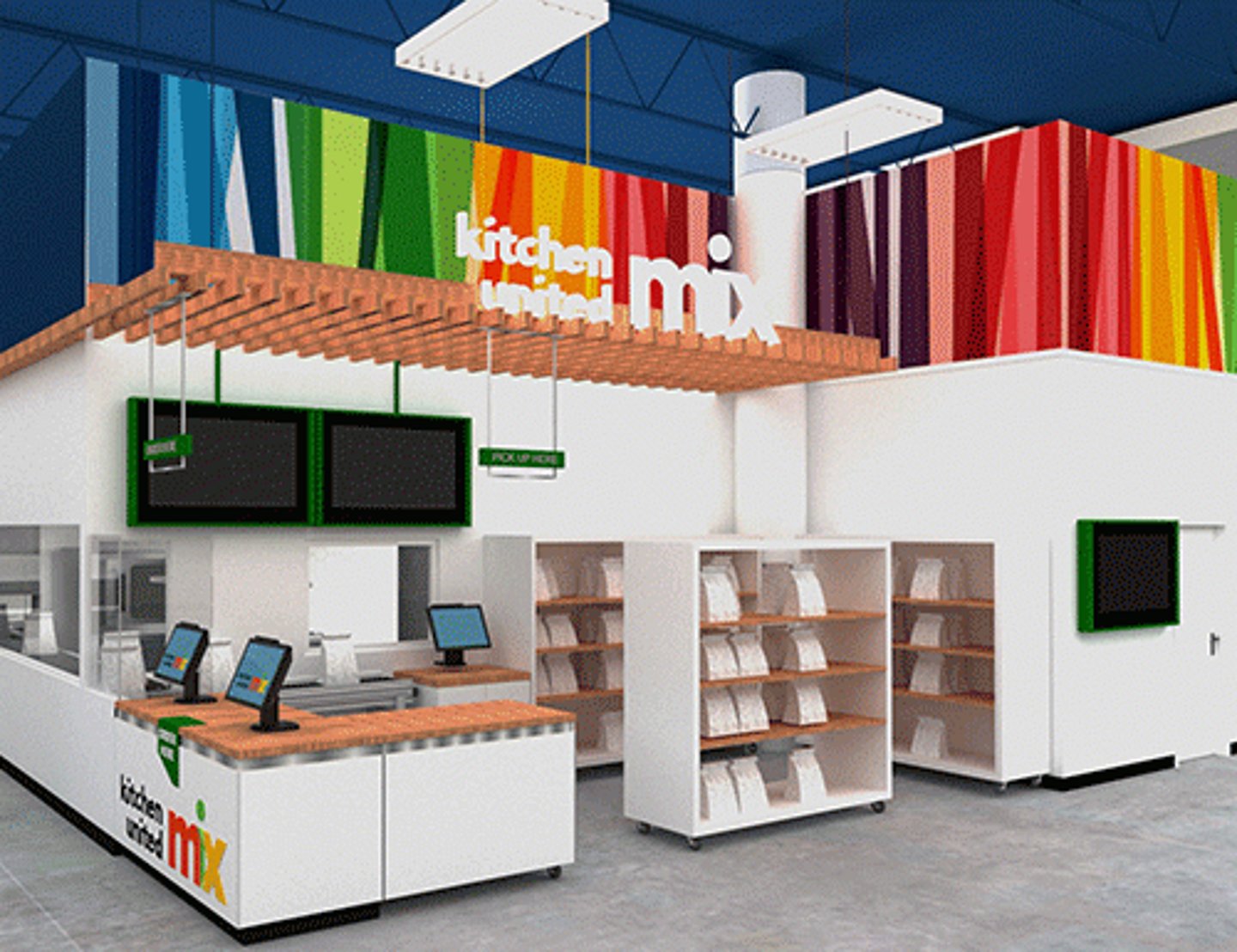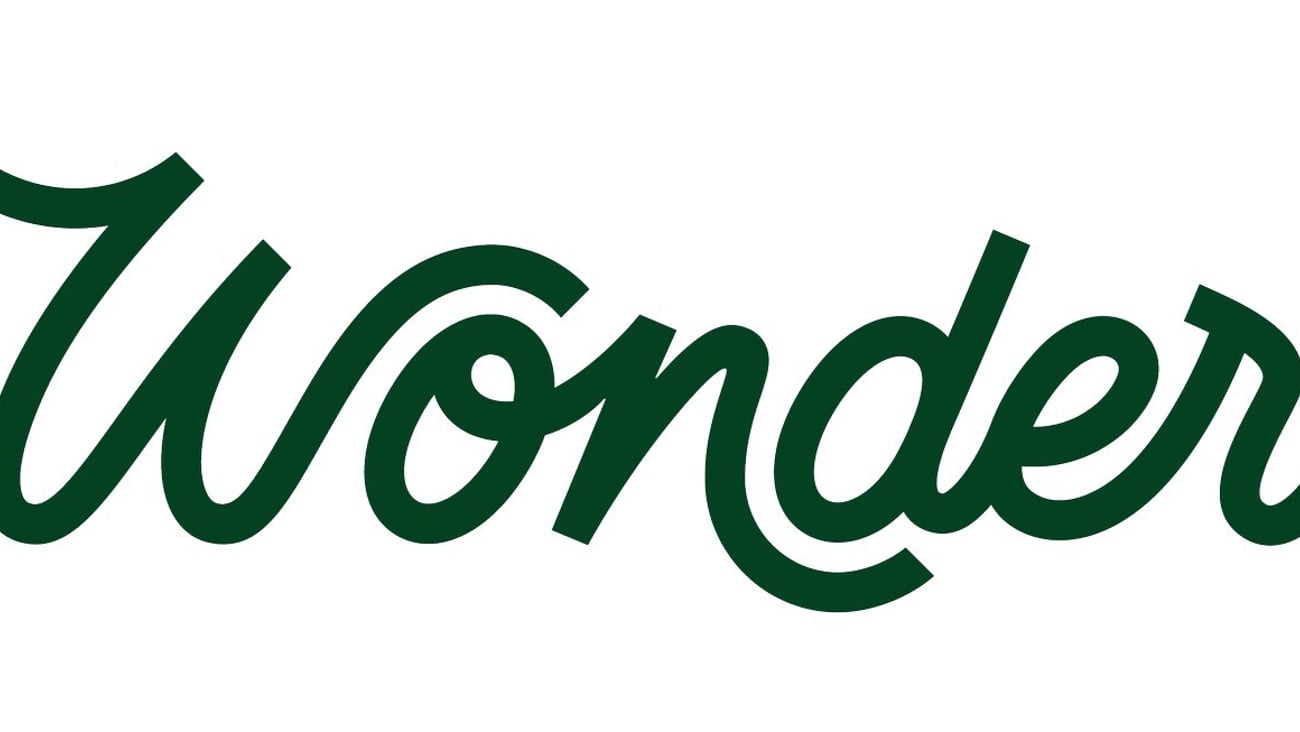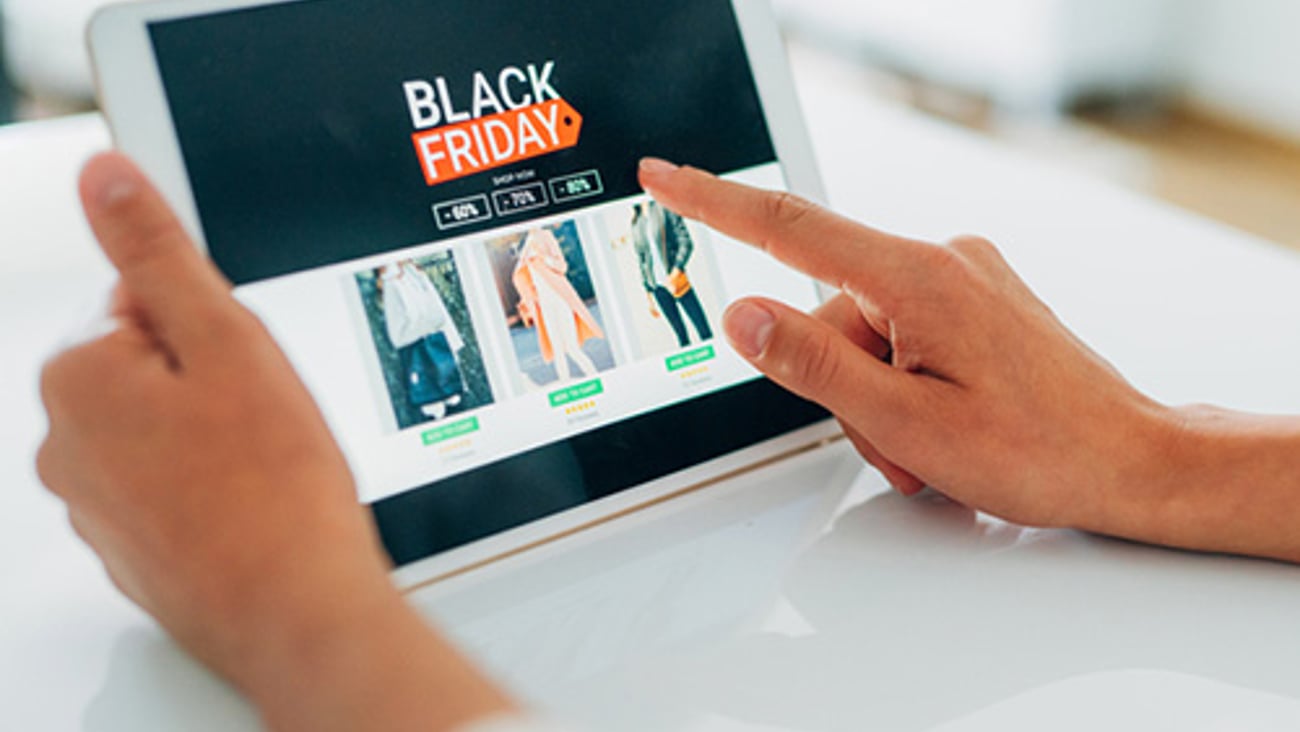Retailers extend their presence with ghost kitchens
Ghost kitchens are appearing more and more, and making believers out of the retailers who open them.
A ghost kitchen is the foodservice equivalent of a dark store – a location that prepares food for delivery, without providing dine-in service. Although the concept has been around for several years, ghost kitchens are gaining momentum during the COVID-19 pandemic, as more consumers are turning to online delivery of prepared meals to consume at home.
Following are three key benefits that ghost kitchens can offer retailers.
Expand the brand
For quick-service retailers, ghost kitchens offer a way to extend brand presence (and sales) without having to build, rent, maintain or staff a full-fledged store. Fast food hamburger chain Wendy’s is partnering with Reef — the largest operator of delivery kitchens in North America — to open and operate 700 delivery kitchens during the next five years across the U.S., Canada, and the U.K.
The rollout follows Wendy’s successful test of eight delivery kitchens in Canada in late 2020. Given high customer demand for delivery, Wendy’s is seeking opportunities beyond its traditional restaurant formats, especially in dense urban areas.
Renowned hot dog restaurant Nathan’s Famous is taking a slightly different approach to growing its brand via ghost kitchens. The company is partnering with Ghost Kitchens Brands to open 100 non-traditional locations across the U.S. and Canada by the end of 2021, with the majority of kitchens inside Walmart stores. Some locations will go beyond the strict definition of ghost kitchens by offering seating, and all of the sites will offer take-out and third-party delivery.
Expand the assortment
Retailers operating outside of the foodservice vertical are also investigating the possibilities offered by ghost kitchens. Grocery giant The Kroger Co. is partnering with ghost kitchen startup Kitchen United to provide customers freshly prepared restaurant food for takeout or delivery in select stores.
An off-premise kitchen (powered by Kitchen United) at participating Kroger stores will feature up to six local, regional or national restaurant brands. Customers can place an order for pickup or delivery using the Kitchen United website or app. They can also order in-store at Kroger, using a dedicated kiosk.
Restaurant staff will prepare the orders and delivery service fees will be determined by third-party providers. This is not Kroger’s first agreement with a ghost kitchen company. In 2019, the retailer partnered with ClusterTruck, a software platform that powers delivery-only kitchens, to deliver fresh meals on-demand with no service or delivery fees at two Midwest stores.
Expand the test markets
On-demand delivery platform DoorDash is taking the ghost kitchen concept up a notch with the new DoorDash Kitchens Full Service offering, which provides fast-food retailers with a hosted storefront.
Through the service, DoorDash takes on many of the tasks associated with opening and operating a storefront such as hiring, meal prep, procuring equipment, and sourcing ingredients. According to the company, DoorDash Kitchens Full Service is designed for small fast-food and quick-service retailers that want to expand in or test new markets without having to invest in the usual overhead that would be required.
Facilities provide delivery and pickup services for multiple restaurants. DoorDash manages the day-to-day operations of the facility, with restaurant partners receiving a portion of the revenue in return. Where it makes sense, some partners may choose to sell their products wholesale to DoorDash, which also provides a traditional ghost kitchen offering.







